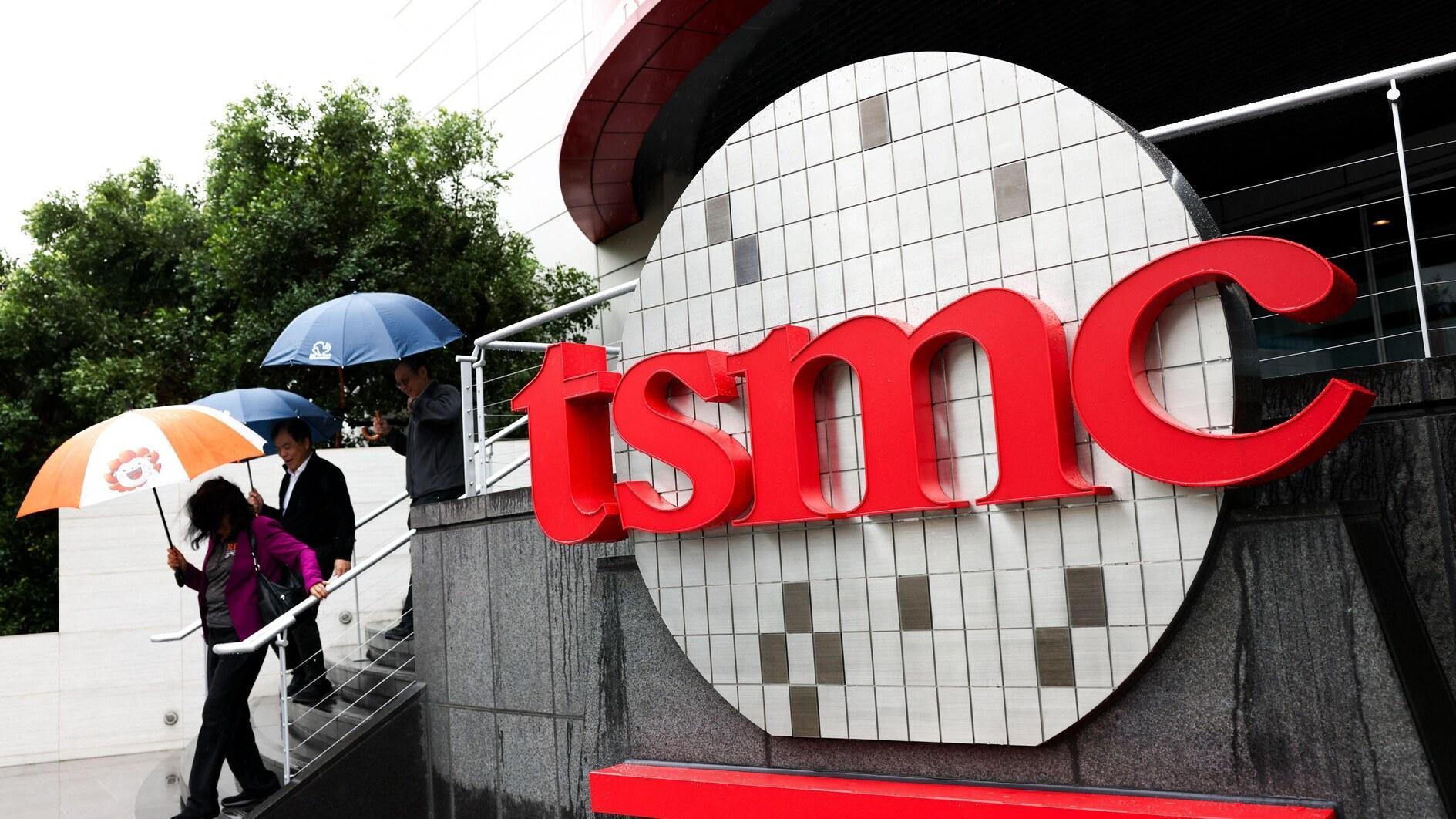
U.S. President Donald Trump's threat of tariffs on semiconductor chips has complicated Taiwan's bid to remain a global powerhouse in the critical sector and stay onside with key backer Washington, analysts said.
Since taking office last month, Trump has warned of sweeping tariffs against some of his country's biggest trade partners to push companies to shift manufacturing to the United States and reduce its huge trade deficit.
The latest levies announced last week include a 25 percent, or higher, tax on imported chips.
Taiwan produces more than half of the world's chips and nearly all of the most advanced ones, making the island essential to global supply chains.
"Taiwan's economic security depends heavily on its leadership in semiconductor manufacturing," said Julien Chaisse, an international trade expert at City University of Hong Kong.
"I think that Trump's tariff threats make this strategy much more complicated. For instance, Taiwan could face pressure to make concessions."
Trump has accused Taiwan of stealing the U.S. chip industry and suggested it should pay the United States for its protection.
Taiwan President Lai Ching-te has already vowed to boost investment in the United States to reduce the trade imbalance and spend more on the island's military, while his government is also considering increasing US natural gas imports.
The pressure from Trump may accelerate the shift of Taiwanese chip production to the U.S., said Wayne Lin of Witology Markettrend Research Institute in Taipei, but he added it would take years to build new foundries.
Taiwan's TSMC, which is the world's largest chipmaker, has long faced demands to move more of its production away from Taiwan.
The company has pledged to invest more than $65 billion in three factories in Arizona, one of which began production in late 2024.
TSMC plans a second facility in Japan and last year it broke ground on its first European plant.
But there are concerns Taiwan could lose its "silicon" protection if its companies build too many factories overseas.
"It's a very dicey situation that they're in," Dan Hutcheson, a research fellow at TechInsights, told AFP.
"It's in (Taiwan's) interest to move some of their manufacturing [to the United States], but not to give it all away, because if they give it all away, then they lose their importance."
A fraction of Taiwan's $165 billion in chip exports last year went directly to the United States, official data show.
The vast majority were sent to other countries where they were put into electronic products for export.
"A 25 percent tariff is significant, but it is unlikely to be a game changer for Taiwan's semiconductor industry, certainly in the short term," Robyn Klingler-Vidra at King's College London, told AFP.
But, she warned, the tariffs "will likely have broader global supply chain effects rather than simply curbing direct Taiwan-to-U.S. exports."